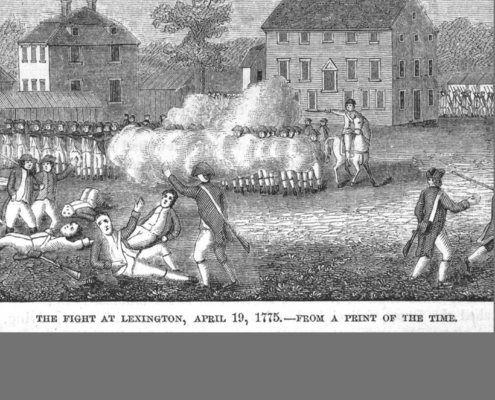
Better Civics Education Is the Massachusetts Way
The fight for more comprehensive civics education in the Bay State has persisted for years. The Legislature's recent override of Gov. Maura Healey’s cut to the state’s modest civics instruction budget suggests that in many in Massachusetts — including parents, teachers, and lawmakers — support strengthening the state’s civics and history curriculum, particularly with mounting evidence of declined student performance across the country.

Massachusetts Survey Report on US History MCAS
Sixty-two percent of Massachusetts residents support restoring passage of a U.S. history test as a public high school graduation requirement, according to a poll of Massachusetts residents’ attitudes toward education policy commissioned by Pioneer Institute and conducted by the Emerson College Polling Center.
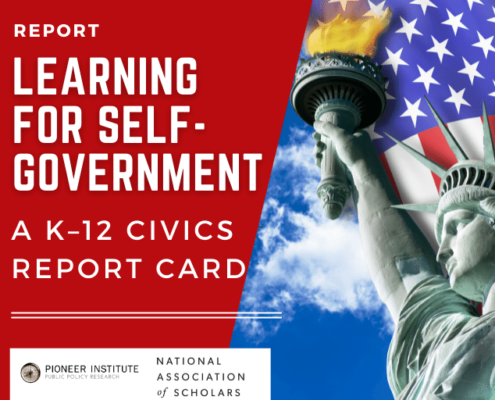
Learning for Self-Government: A K–12 Civics Report Card
This report, intended primarily for civics reformers considering how best to defend and improve traditional American civics education, surveys a selection of different civics offerings, both the traditional and the radical. Surveyed providers include organizations such as the Jonathan M. Tisch College of Civic Life, We the People, and Hillsdale College’s 1776 Curriculum. It also provides recommendations about how civics reformers should build upon this existing array of civics curriculum resources to work most effectively to reclaim America’s civics education.
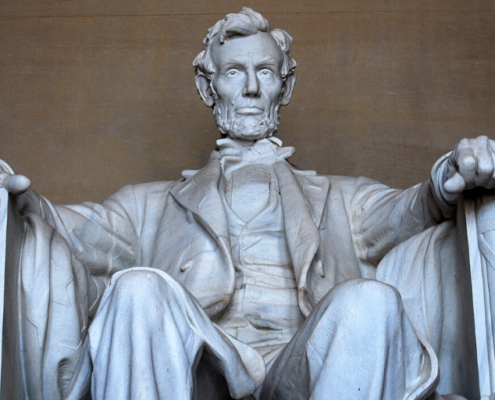
No Longer A City On A Hill: Massachusetts Degrades Its K–12 History Standards
0 Comments
/
The Massachusetts Board of Elementary and Secondary Education should reject a proposed rewrite of the Massachusetts History and Social Science Curriculum Framework in its entirety and immediately restore the state’s 2003 framework, considered among the strongest in the country, according to a new research paper titled, No Longer a City on a Hill: Massachusetts Degrades Its K-12 U.S. History Standards, published by Pioneer Institute.
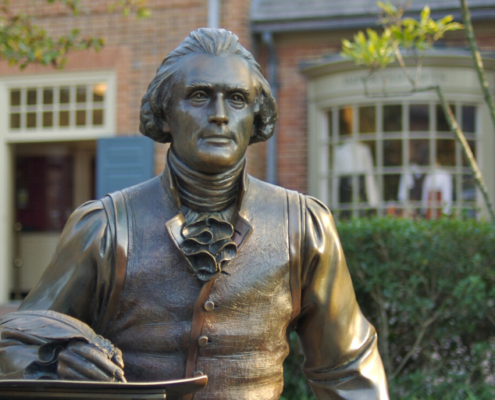
2018 Proposed Revisions to Massachusetts History and Social Studies Frameworks
This public statement addresses the draft of the Massachusetts History and Social Science Curriculum Framework that was released for public comment in January. The authors argue that the new standards would follow in the footsteps of recently adopted English, math, and science standards by representing a decline in content and coherence compared to their predecessors.

Laboratories of Democracy: How States Get Excellent K–12 U.S. History Standards
The purpose of this paper is to take a closer look at the states that have designed strong history standards and note what has made them exceptional so other states might do the same. They include Alabama, California, Indiana, Massachusetts, New York, and South Carolina.

Advanced Civics for U.S. History Teachers: Professional Development Models Focusing On The Founding Documents
A resurgence of interest in civic virtue and a new emphasis on teaching civics in our schools is needed in our country. Teachers need opportunities beyond college to learn the intricacies of government and how to teach it. Pioneer Institute reached out to four professional development programs with nationally known reputations to learn more about their offerings.

Imperiling the Republic: The Fate of U.S. History Instruction under Common Core
The Founders of the American experiment in democracy assumed that understanding American history was essential in a Union where publicspirited citizenship and the capacity to live under laws “wholesome and necessary for the public good” would characterize the new nation. To proceed without the knowledge of history, in their view, was a sure path to “a tragedy or a farce.”
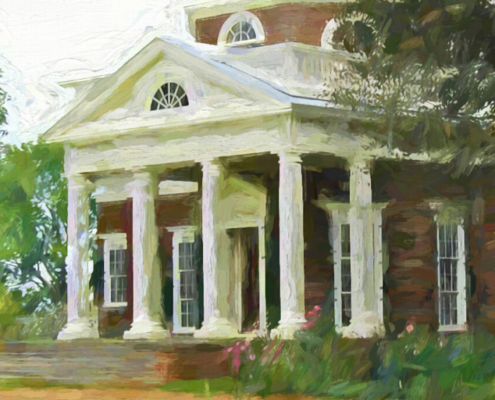
Shortchanging the Future: The Crisis of History and Civics in American Schools
The collective grasp of basic history and civics among American students is alarmingly weak. Beyond dispiriting test results on the National Assessment of Educational Progress and other measures, poor performance in history and civics portends a decay of the knowledge, skills, and dispositions needed for a lifetime of active, engaged citizenship.
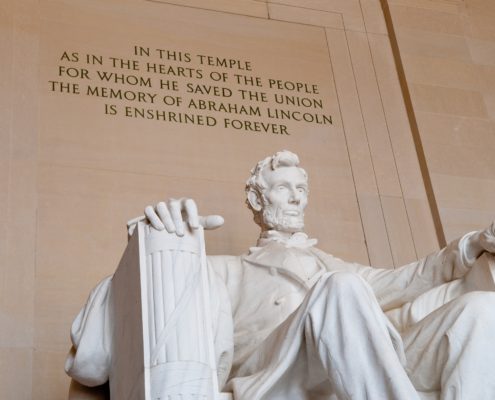
Lincoln’s Legacy for Our Time: A Transcript of Remarks Delivered by Civil War Historian James McPherson
When Abraham Lincoln breathed his last at 7:22 a.m. on April 15, 1865, Secretary of War Edwin M. Stanton intoned: "Now he belongs to the ages."
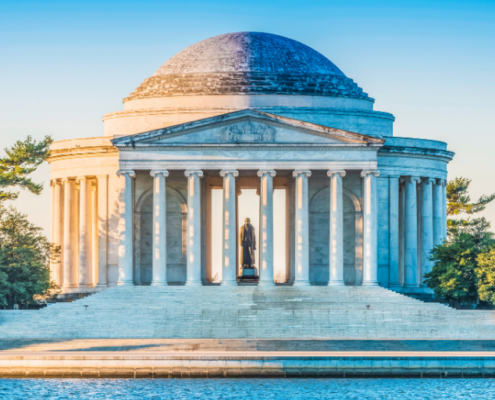
The Rise and Fall of the Study of American History in Massachusetts
Across Massachusetts public schools, history teachers believe that the study of U.S. history through the grades is in jeopardy if not in a poor state altogether.1 To judge from recent national tests, students are graduating from the state’s high schools as well as from high schools across the country with little understanding of our nation’s history, its founding principles, its major institutions, and the central figures and events that shaped who we are as a people.

The Sacred Fire of Liberty
I want to start by thanking Jim, Jamie, and the Democrats for Education Reform (DFER) for having me today. I'm a board member at DFER, so perhaps they didn't have any choice, but I'm grateful to Pioneer for the opportunity. And on behalf of Joe Williams, greetings.
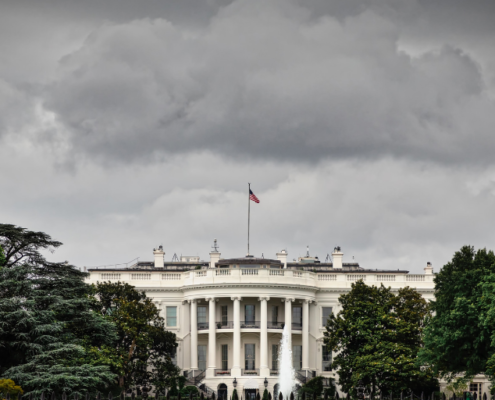
Civic Education: Readying Massachusetts’ Next Generation of Citizens
This paper reports on the state of civic education in Massachusetts, focusing particularly on the performance of charter schools in preparing their students for responsible citizenship. Data were collected in an extensive, original survey project that included schools from across the entire state.

The Power to Take: The Use of Eminent Domain in Massachusetts
This study is the first to analyze concrete data to determine patterns in the use of eminent domain. The analysis includes a survey of law review articles, practitioners’ manuals, and reported Massachusetts opinions; structured interviews with legal practitioners; and a review of Massachusetts eminent domain statutes, especially in comparison to the 1974 Model Eminent Domain Code.
